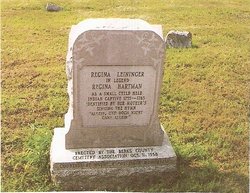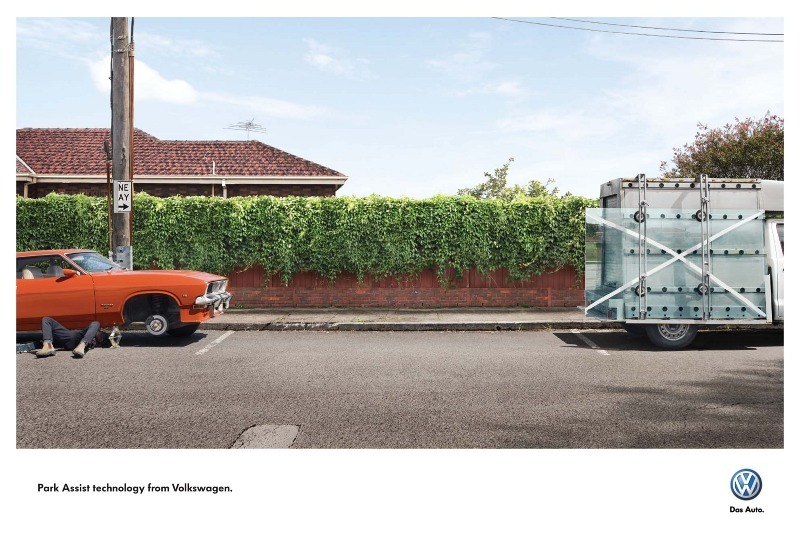Remembering faith
A little later today I shall be preaching on the story of one of scripture’s anonymous heroes. As a young girl she was captured and taken forcibly from her family home by Syrian raiders. Sparing her life, the commander of the Syrian army took her home and had her serve as a maid to his wife. Years passed, but this young woman never forgot the faith of her fathers. When the time came, and her master was afflicted with a dire disease – she spoke up and set off a chain reaction of events which would lead to his healing. You can read her story in 2 Kings 5.
This in turn reminded me of a half-forgotten story about Regina Leininger, a young Lutheran woman from Pennsylvania. Taken captive from her parents’ farmstead in October 1755, she spent the next 9 years with the Iroquois. By the time she was set free her language, dress and appearance were unrecognisable from those of her parents. She even had a new name -Sawqhehanna.
On September 13th 1764 her mother came, along with many other parents, to Fort Pitt to see if she could find her beloved daughter. She walked up and down the line of freed captives, tearfully acknowledging that she could not see her daughter amongst them. As a desperate last move she began to sing an old Lutheran hymn: “Allein, und doch nocht ganz allein” ( I am alone and yet not alone). Something stirred deep in Regina’s memory, she broke ranks and joined in with her mother’s singing. You can see her gravestone below:

Image: pajack.com
In his book Texts that linger, words which explode, Walter Brueggemann talks about how stories resurface over the years. He notes how the description of Rachel ‘weeping for her children’ crops up once in the Old Testament, again at the slaughter of the innocents and again in contemporary New York in the story of a homeless Jewish mother called – Rachel. Brueggemann notes “in a flash this becomes that”.
From ancient Syria, to Berks County Pennsylvania, to London this morning – this has become that. The song of faith is buried deep – and there comes a time for that memory to stir.




